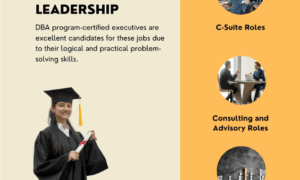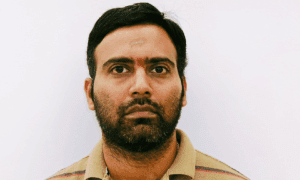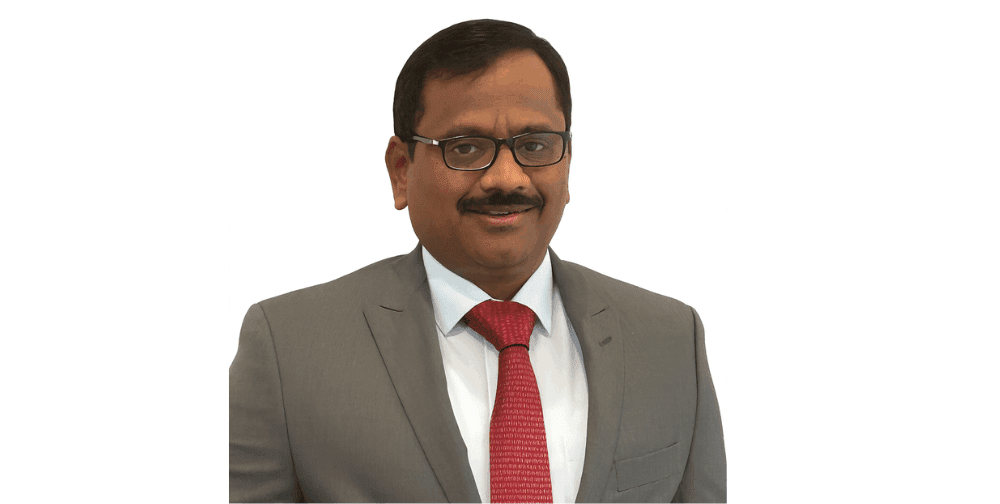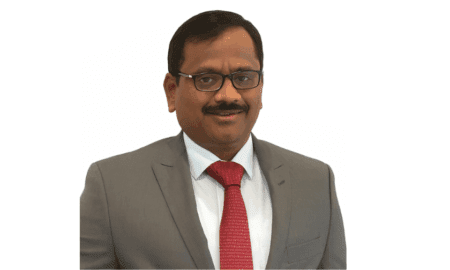In conversations about personal finance, most people focus on money itself. They talk about income, savings, investments, and spending habits. But according to Adil Quraish, private investor and strategic advisor, the most critical asset is not money – it is time. Time determines how investments grow, how habits compound, and how opportunities are seized or lost. Yet, it is also the resource people undervalue most.
In this article, Adil Quraish explores why time is the foundation of financial success, how mismanaging it undermines wealth, and what individuals and families can do to treat time as their greatest long-term investment.
Time as the Invisible Currency
“Money can be replaced, but time cannot,” explains Adil Quraish. Every dollar lost can be earned again, but every day lost is gone forever. This reality is often overlooked in personal finance, where people assume that higher earnings alone lead to financial security.
Quraish argues that without respect for time, wealth is fragile. Investments left untouched for decades can multiply, while the same investments neglected or delayed miss their compounding potential. Time is not just a backdrop to finance – it is the invisible currency that determines whether financial decisions succeed or fail.

The Power of Compounding
One of the clearest examples of time’s value is compounding. A modest investment made early in life can outpace a larger investment made later, simply because time multiplies growth. For instance, someone who invests consistently in their twenties often ends up with far more wealth than someone who waits until their forties, even if the later investor contributes more money.
Adil Quraish often stresses this principle in his mentorship. “Compounding rewards patience,” he says. “But it punishes delay. The earlier you start, the stronger your foundation becomes.” For him, compounding is proof that time is more valuable than capital.
Time as a Risk Manager
Time also reduces risk. Market downturns are inevitable, but history shows that markets recover over the long run. Investors with short horizons panic in downturns and often sell at a loss. Those with long horizons can weather volatility and benefit from recovery.
Adil Quraish notes that discipline combined with time often beats speculation. “People who try to time the market usually lose,” he explains. “People who give their investments time to grow usually win.” In his view, time is not only an asset – it is a risk management tool.
Daily Habits Shape Financial Futures
Time is not only about decades-long horizons. It is also about the daily habits that accumulate into long-term results. Small choices – like saving a fixed percentage of income, avoiding unnecessary debt, or reading regularly about finance – compound in the same way investments do.
Adil Quraish emphasizes that daily use of time reveals priorities. Leaders who spend time wisely build clarity and resilience. Those who waste time often find themselves reacting rather than leading. In personal finance, the same applies: people who consistently budget and invest build security, while those who procrastinate fall behind.
The Cost of Procrastination
One of the greatest financial risks, according to Quraish, is procrastination. Delaying investment, neglecting planning, or avoiding conversations about wealth management all waste the most precious resource – time. Every year of delay reduces compounding potential and increases the pressure to play catch-up later.
Adil Quraish warns that procrastination creates stress and limits flexibility. “If you start late, you put pressure on yourself to take bigger risks,” he says. “That often leads to mistakes.” By contrast, early action supported by time allows for patience, lower risk, and greater peace of mind.
Time in Business and Investment Strategy
Beyond personal finance, time plays a critical role in business and investment strategy. Businesses that think long term can sacrifice short-term profits for sustainable growth. Investors who value time can build portfolios designed to endure, not just spike.
Quraish notes that many of the most successful companies and investors share one trait: patience. “The leaders who succeed are the ones who can wait,” he explains. “They don’t panic in downturns. They trust the process and let time do its work.” For him, the ability to respect time is a hallmark of wisdom in both business and finance.
Integrating Faith and Time
As a man of faith, Adil Quraish also views time as a gift that requires stewardship. He integrates reflection and prayer into his routines, recognizing that time spent in clarity shapes better decisions. Faith, he explains, prevents leaders from misusing time on distractions or vanity and redirects them toward service and impact.
This integration of faith and finance makes his perspective unique. Time is not only a financial asset but also a spiritual one – an opportunity to align choices with values. For Quraish, managing time well is part of living with purpose.
Teaching the Next Generation About Time
One of the most practical ways to build generational wealth is to teach younger generations the value of time. Many young professionals underestimate how quickly years pass, assuming they can “catch up” later. Adil Quraish challenges this assumption.
He encourages parents to help children set financial goals early, even if small. Saving for a first purchase, starting a college fund, or building an investment account in their name demonstrates how time rewards consistency. “If young people learn that time is their greatest advantage,” Quraish says, “they will have a foundation that money alone cannot buy.”
Time and Legacy
Legacy is built over time, not in a single moment. For Adil Quraish, time is the thread that connects daily habits to generational impact. Leaders who value time create systems, institutions, and families that continue to thrive after they are gone. Those who squander it leave gaps that no amount of money can fill.
“Legacy is not about one achievement,” he explains. “It is about what you do consistently over years. That is what people remember and what shapes the future.” For him, the way leaders treat time is often the clearest indicator of the legacy they will leave.
Time as the Ultimate Asset
While most financial conversations center on money, Adil Quraish believes that time is the ultimate asset. It cannot be bought, borrowed, or replaced. It multiplies wealth through compounding, reduces risk by stretching horizons, and shapes legacy through daily habits.
By respecting time, families and leaders can build sustainable wealth, prepare future generations, and avoid the pitfalls of procrastination and short-term thinking. For Quraish, the lesson is simple but profound: manage your money, but treasure your time. It is the one asset that determines whether everything else endures.


































